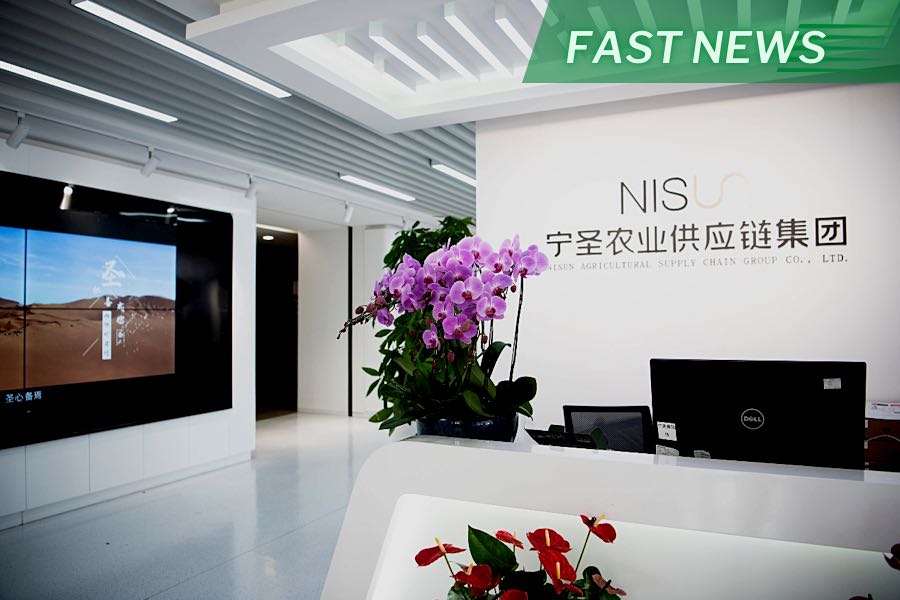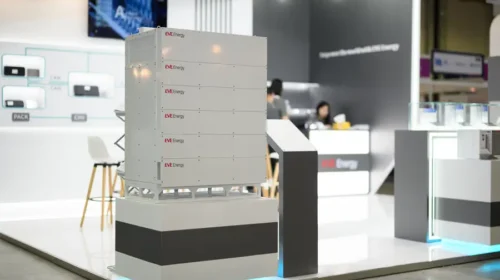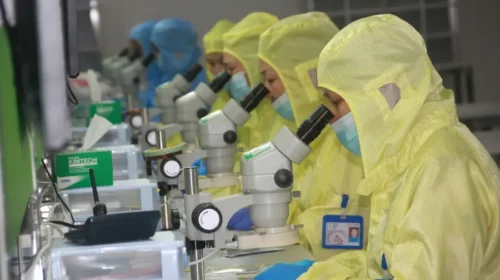FAST NEWS: Nisun Revenue Triples on Addition of Supply Chain Trading Business

The Latest: Supply chain services provider Nisun International Enterprise Development Group (NISN.US) on Wednesday reported its third-quarter revenue tripled year-on-year to $110 million. Its net income for the period rose by a slower 37% to $14.2 million from $10.4 million a year earlier.
Looking Up: The company’s supply chain trading business launched in July 2021 contributed over 50% of Nisun’s revenue for the quarter. It also recently announced an agreement to provide services to a fresh fruit distributor, expanding its presence in the agricultural segment.
Take Note: Nisun’s cost of revenue during the quarter ballooned by 367%, primarily due to costs associated with its new supply chain trading business. That shows the new business could be a major new revenue stream, but may not be a profit generator.
Digging Deeper: Nisun was founded as Hebron Technology in 2012 and went public in 2016. It moved into financial services through a series of acquisitions in 2019 and 2020 involving transactions with its former chairman and CEO, and was renamed as Nisun in 2021. The company provides technology-driven, supply chain products and services and offers alternative financial services for small and medium-sized enterprises. The company raised $77 million after selling new shares and pre-funded warrants at a heavy discount at the end of last year.
Market Reaction: Nisun’s stock rose 0.83% to $0.62 on Wednesday in New York after its results came out. The stock is down 82% from its 52-week high of $3.40.
Reporting by Chan Ka Po
To subscribe to Bamboo Works free weekly newsletter, click here





